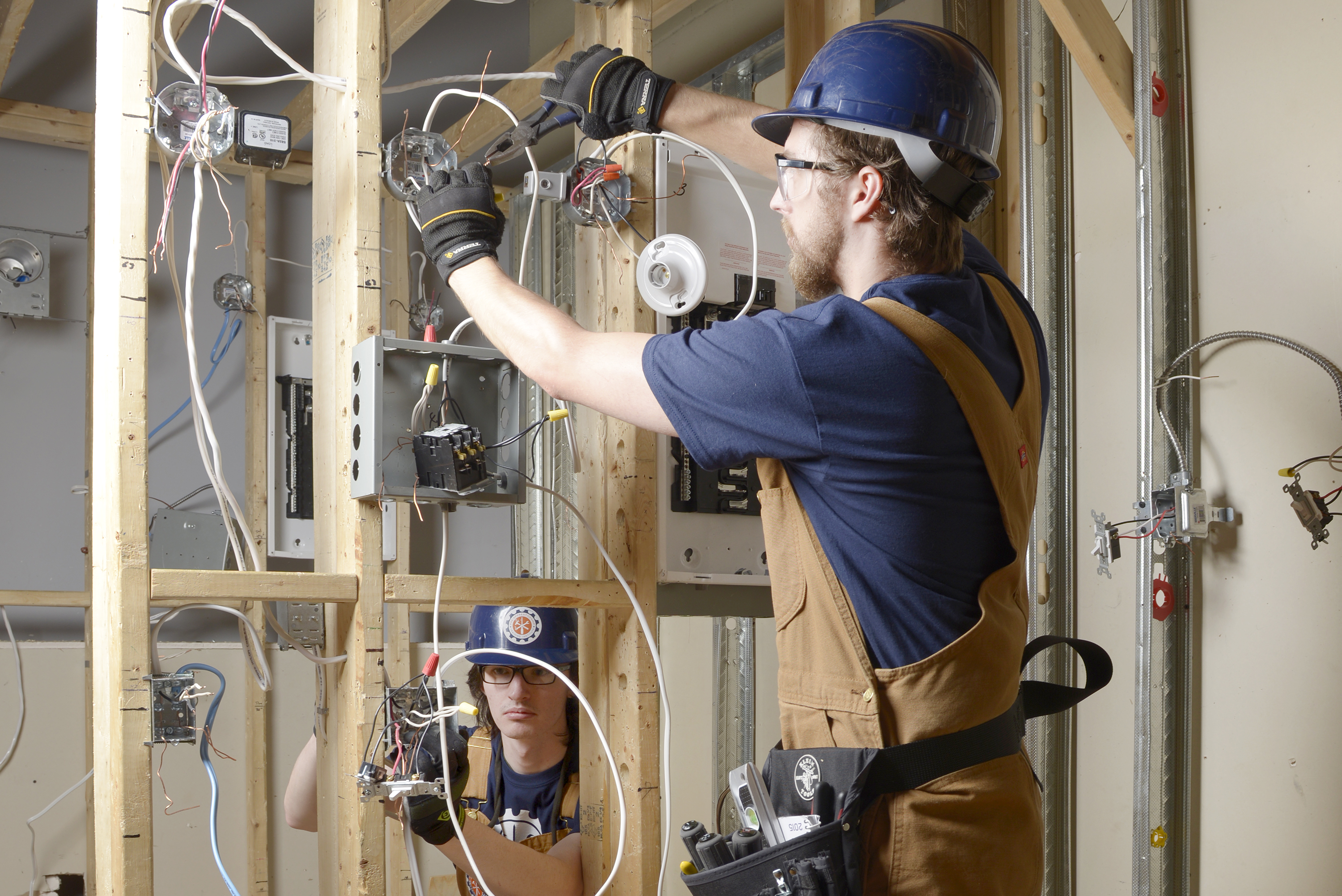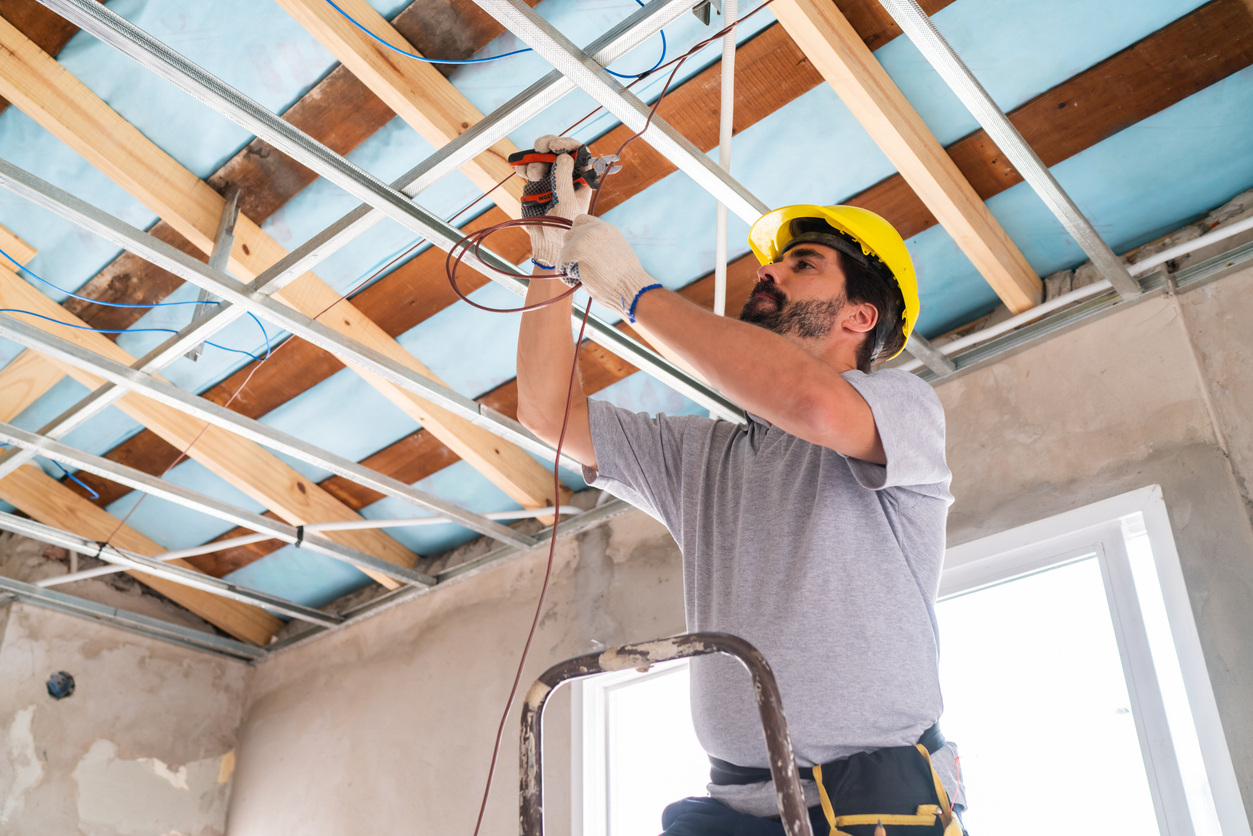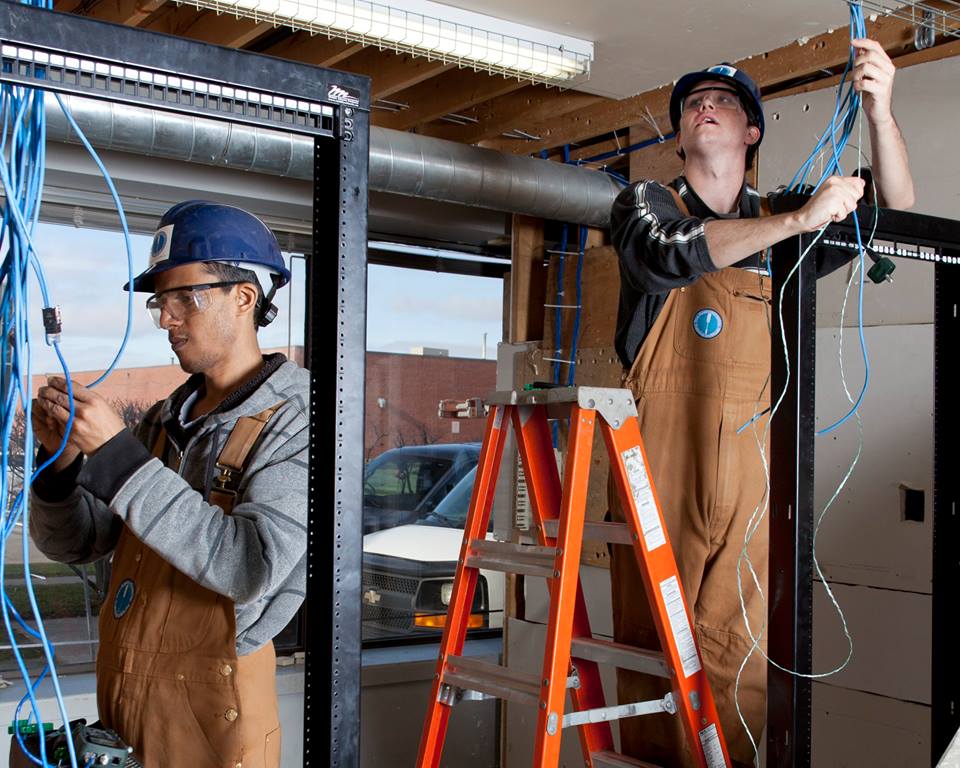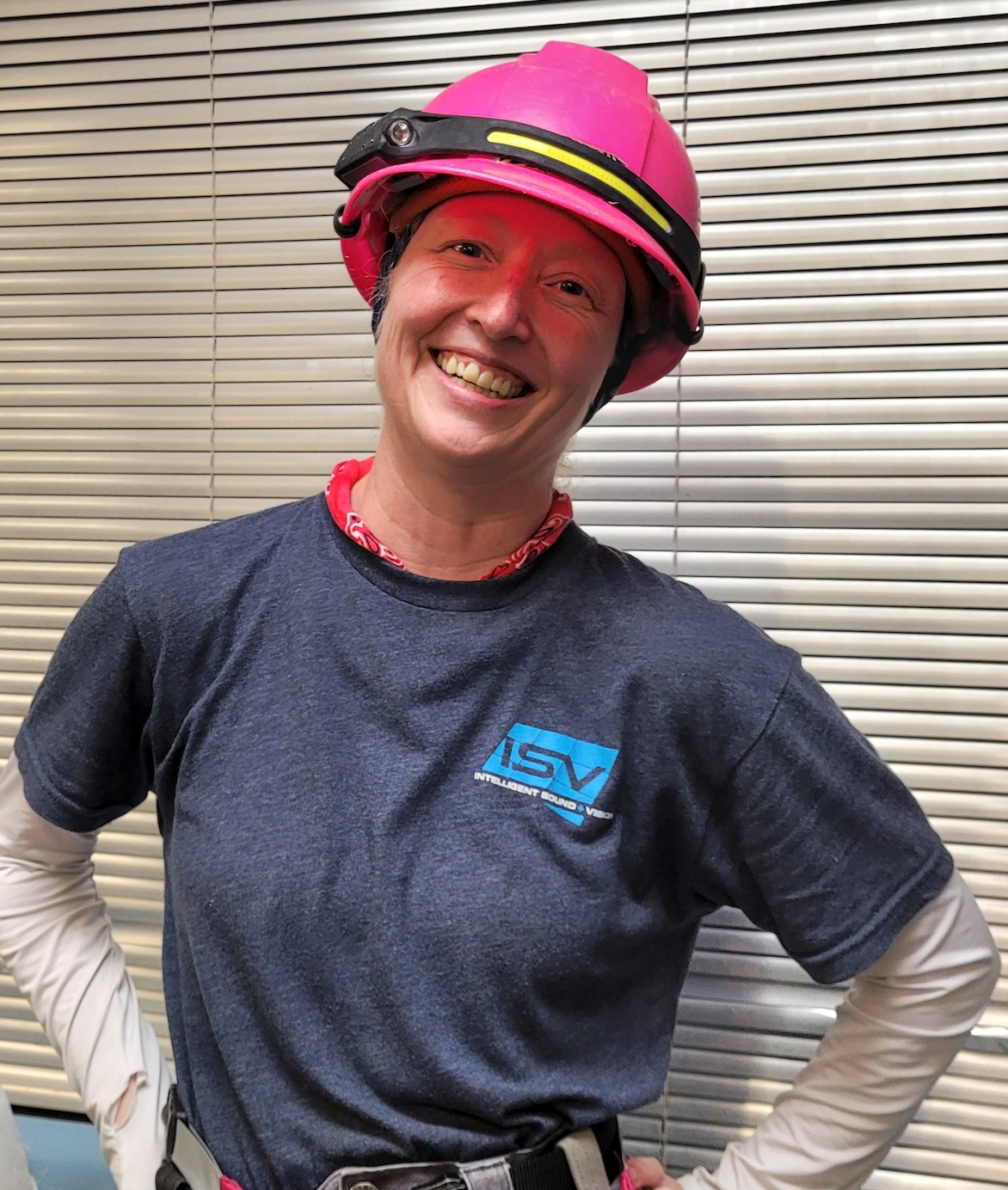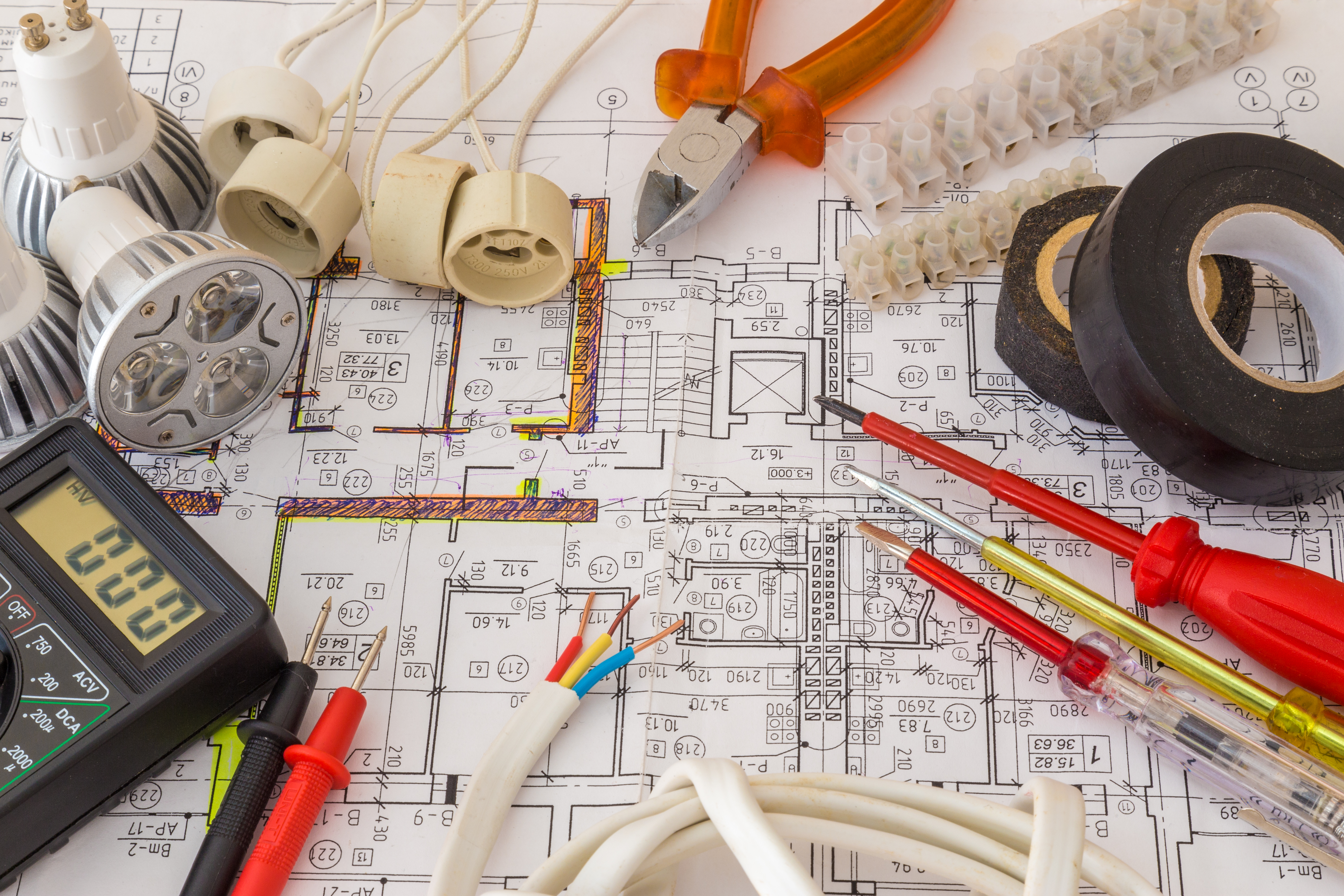Gone are the days when an electrician’s job focused solely on running power lines and wiring circuit breakers. Today’s homes are interconnected ecosystems where lighting responds to voice commands, thermostats learn occupant preferences, and security systems send real-time alerts to smartphones.
This smart home revolution means that electricians must now understand both traditional electrical systems and the network cabling infrastructure that makes modern automation possible.
In this post, we explore how smart home technology is reshaping electrical work, why network cabling knowledge is essential, and how you can prepare for this evolving landscape.

